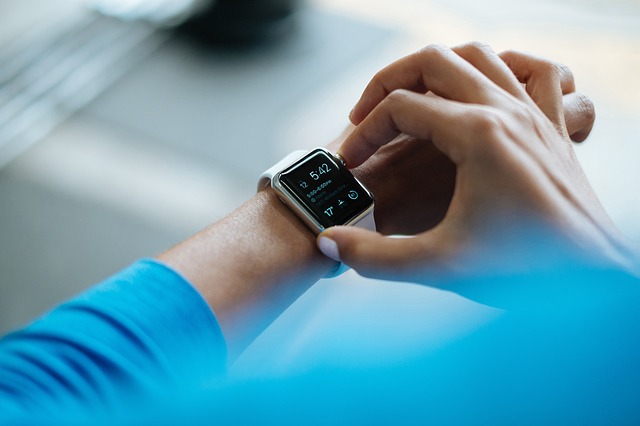We live in a time of smart devices. You already knew that, but I needed a snappy way to open up this article. And, while we all find ourselves glued to our screens for 95% of the day (excluding when we need to have human interaction or shower). we’re all well aware that technology itself is very much temporary.
Outside of mainstays such as laptops and smartphones, we’ve been given a bevy of smart devices over the years that have had various levels of success. But which smart devices will still be relevant in around ten years? And, more importantly, which will be thought of as temporary fads? Let’s take a look.
Smartwatches
I still remember watching the slow development of the modern smartwatch. I would check TechCrunch, see that a new one was released, shrug, and go on scrolling. Needless to say, they have never impressed me all that much. However, I do find the slow evolution from the fitness band to the full-on smartwatch to be interesting. And, to be fair, they do seem to be fairly popular for tech fanatics and casual users alike.
According to a Forbes article from last November, the entire smartwatch market even looks to double in the next five years. But, while they’re undoubtedly useful, a smartwatch basically only saves you the time of taking your phone out to check the time and NFL scores. And, although you may not be able to tell from my writing, even I’m above that level of laziness.
Tablets
If you really think about it, tablets are kind of silly. It’s almost like someone at Apple headquarters showed up to a meeting late and hungover and quickly scribbled down “a MacBook but without the keyboard.” And that person is now a millionaire. However, just using a tablet, you can see the immediate convenience, even though it’s much better for casual gaming and Netflix-ing than getting any actual work done. They’re definitely fun to play around with, but with phones getting bigger and bigger, the novelty may be wearing off, as the tablet market appears to be on the decline, even with a few big names still going strong.
Smart Hubs
And now we get to the newest of these technological phenoms, smart hubs. The hot item of the past few gift giving seasons, Amazon Echos, Google Homes, and Apple Home Pods are quickly becoming mainstays in the tech world. The market itself has exploded, with the Echo and Home selling well over 5 million in the first quarter of this year alone. However, I’ve always personally found hubs to be a bit on the superfluous side.
While I definitely enjoy the speaker aspect, the entire concept simply saves you the trouble of taking out your smartphone and asking Siri something. To me, smart hubs are more or less boomboxes that you can check tomorrow’s weather with.
The Verdict
As you can see, a large theme of this article has been the fact that all these new smart devices are little more than supplements to using your smartphone. Despite this, smartwatches and smart hubs appear to be on the incline, leaving tablets in a diminishing market. As I mentioned, this is most likely due to the fact that, with behemoth smartphones (looking at you, Samsung) becoming the norm, tablets are simply not as necessary as they once were. And, outside of investing my life savings into Zune last year, I’m generally right about these things.
Featured image courtesy of Pixabay user Free-Photos








